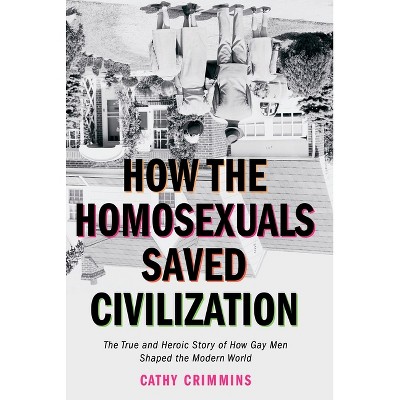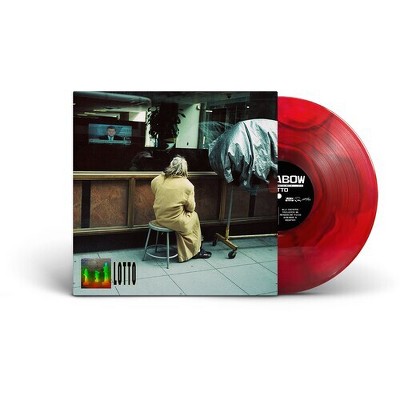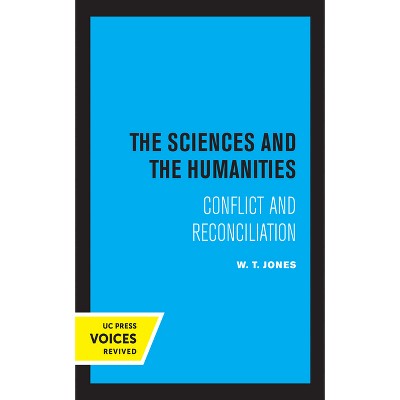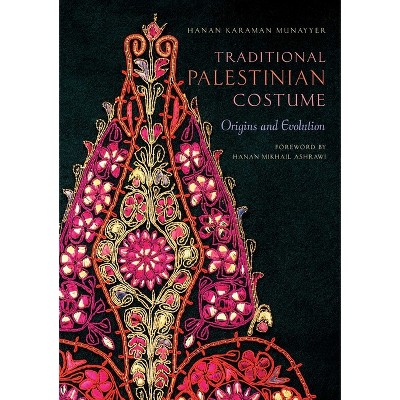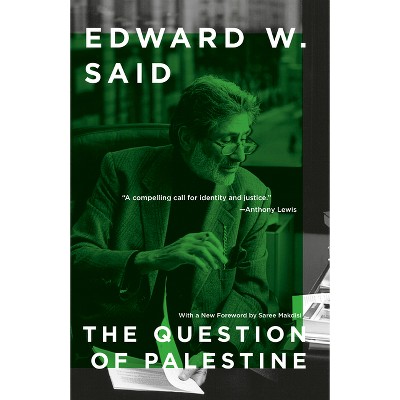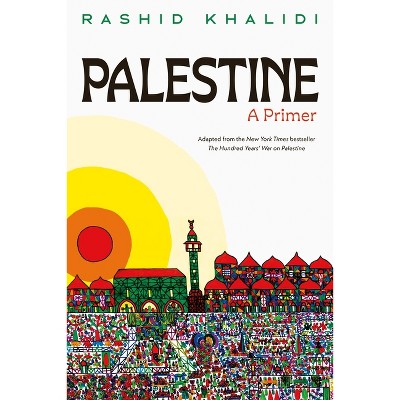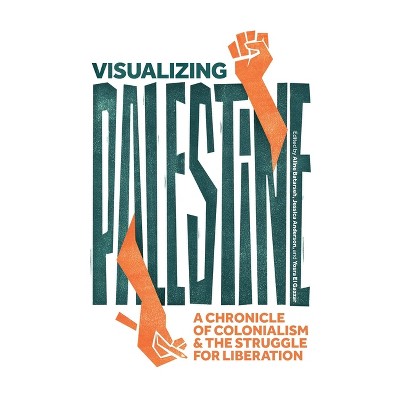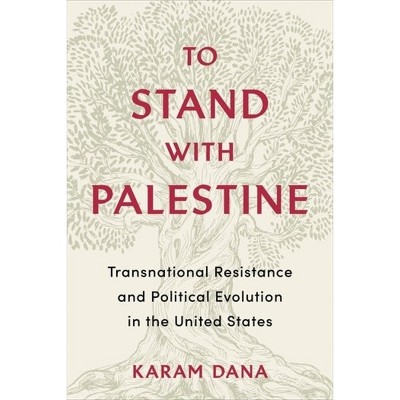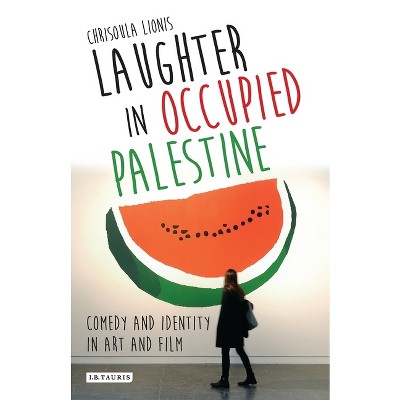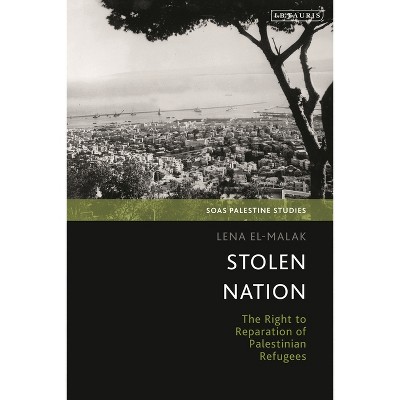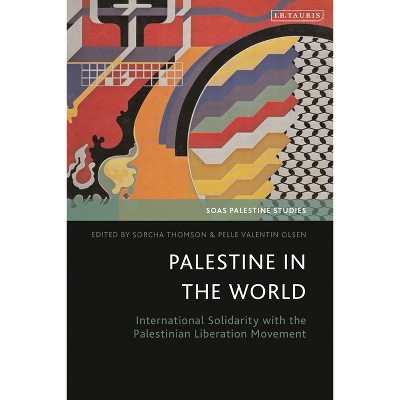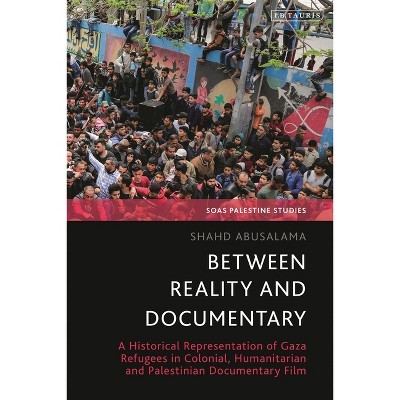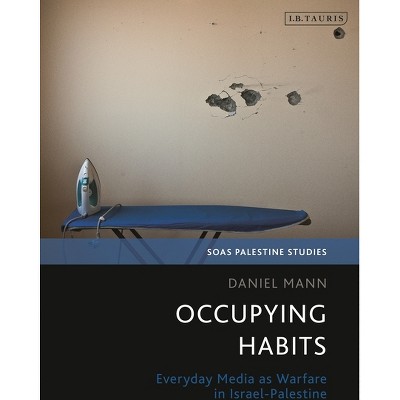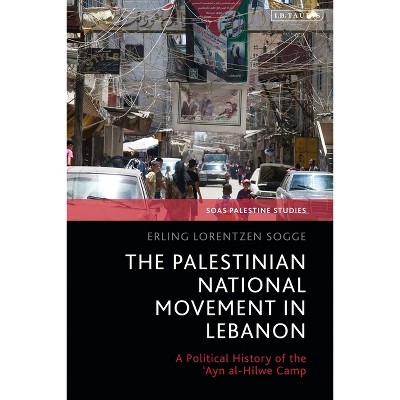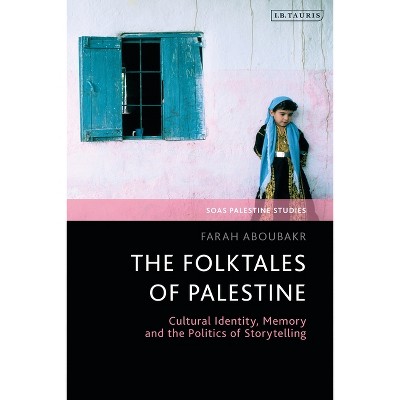Sponsored

The Palestinians and East Jerusalem - (Soas Palestine Studies) by Bruno Huberman
$39.99
In Stock
Eligible for registries and wish lists
Sponsored
About this item
Highlights
- Over the last two decades, the Israeli government has implemented policies for the development of East Jerusalem.
- About the Author: Bruno Huberman is Professor of International Relations at Pontifical Catholic University of São Paulo, Brazil.
- 216 Pages
- History, Middle East
- Series Name: Soas Palestine Studies
Description
About the Book
"Over the last two decades, the Israeli government has implemented policies for the development of East Jerusalem. These comprise urban revitalization as well as professional training and the promotion of entrepreneurship for the Palestinians. But how do these policies co-exist under Israeli settler colonial power? This book focuses on the contradiction between the rise of neoliberal development in East Jerusalem and the simultaneous continuation of Israeli settler colonialism. It argues that the combination of colonialism and neoliberalism allows for the 'primitive accumulation of capital' to occur permanently through explicitly coercive forms. More than this, based on theoretical research, interviews, and an analysis of race and class relations in East Jerusalem, the book shows that neoliberal development is used to facilitate the reproduction of racial hierarchies, settler privileges and the pacification of the Palestinian residents, where these outcomes are presented as the 'natural' result of market relations. The author calls this environment 'neoliberal settler colonialism' and explores Palestinians' new acts of resistance that exist ambivalently within this structure. A significant theoretical contribution, the study highlights a new settler colonial and neoliberal sociability that co-opts the exploited and oppressed"--Book Synopsis
Over the last two decades, the Israeli government has implemented policies for the development of East Jerusalem. These comprise urban revitalization as well as professional training and the promotion of entrepreneurship for the Palestinians. But how do these policies co-exist under Israeli settler colonial power?This book focuses on the contradiction between the rise of neoliberal development in East Jerusalem and the simultaneous continuation of Israeli settler colonialism. It argues that the combination of settler colonialism and neoliberalism allows for the 'primitive accumulation of capital' to also occur permanently through deceptive soft forms. More than this, based on theoretical research, interviews, and an analysis of race and class relations in East Jerusalem, the book shows that neoliberal development is used to facilitate the reproduction of racial hierarchies, settler privileges and the pacification of the Palestinian residents, where these outcomes are presented as the 'natural' result of market relations. The author calls this environment 'neoliberal settler colonialism' and explores Palestinians' new acts of resistance that exist ambivalently within this structure.
A significant theoretical contribution, the study highlights a new settler colonial and neoliberal sociability that co-opts the exploited and oppressed.
Review Quotes
"The Palestinians and East Jerusalem Under Neoliberal Settler Colonialism" is truly original research, exploring the current urban politics of Jerusalem. The book's theoretical, historical, and empirical significance discusses the often-overlooked links between settler colonialism and neoliberalism. This book is indeed a foundational, and most updated critical study on the apartheidisation of the city, on the new Israeli agents of colonisation, but importantly also about the emerging subjectivities of Palestinians' identity and their anti-colonial struggle.
Haim Yacobi, Professor, UCL, UK
The book is a timely work on the weaponization of neoliberal development policies reshaping East Jerusalem's occupation.
The Middle East Journal
About the Author
Bruno Huberman is Professor of International Relations at Pontifical Catholic University of São Paulo, Brazil. He received his PhD in International Relations at San Tiago Dantas Program, Brazil and worked previously as journalist and editor in São Paulo, Brazil.Dimensions (Overall): 9.21 Inches (H) x 6.14 Inches (W) x .44 Inches (D)
Weight: .66 Pounds
Suggested Age: 22 Years and Up
Number of Pages: 216
Genre: History
Sub-Genre: Middle East
Series Title: Soas Palestine Studies
Publisher: I. B. Tauris & Company
Theme: Israel & Palestine
Format: Paperback
Author: Bruno Huberman
Language: English
Street Date: June 26, 2025
TCIN: 1004265964
UPC: 9780755649051
Item Number (DPCI): 247-37-8616
Origin: Made in the USA or Imported
If the item details aren’t accurate or complete, we want to know about it.
Shipping details
Estimated ship dimensions: 0.44 inches length x 6.14 inches width x 9.21 inches height
Estimated ship weight: 0.66 pounds
We regret that this item cannot be shipped to PO Boxes.
This item cannot be shipped to the following locations: American Samoa (see also separate entry under AS), Guam (see also separate entry under GU), Northern Mariana Islands, Puerto Rico (see also separate entry under PR), United States Minor Outlying Islands, Virgin Islands, U.S., APO/FPO
Return details
This item can be returned to any Target store or Target.com.
This item must be returned within 90 days of the date it was purchased in store, shipped, delivered by a Shipt shopper, or made ready for pickup.
See the return policy for complete information.

